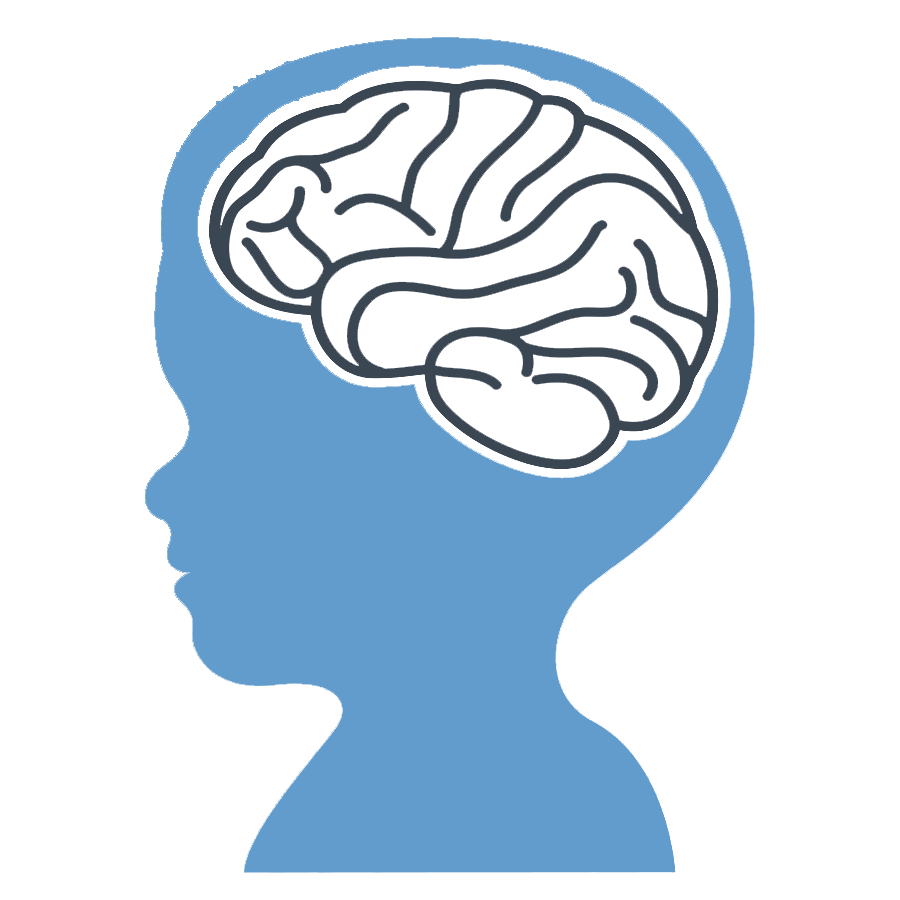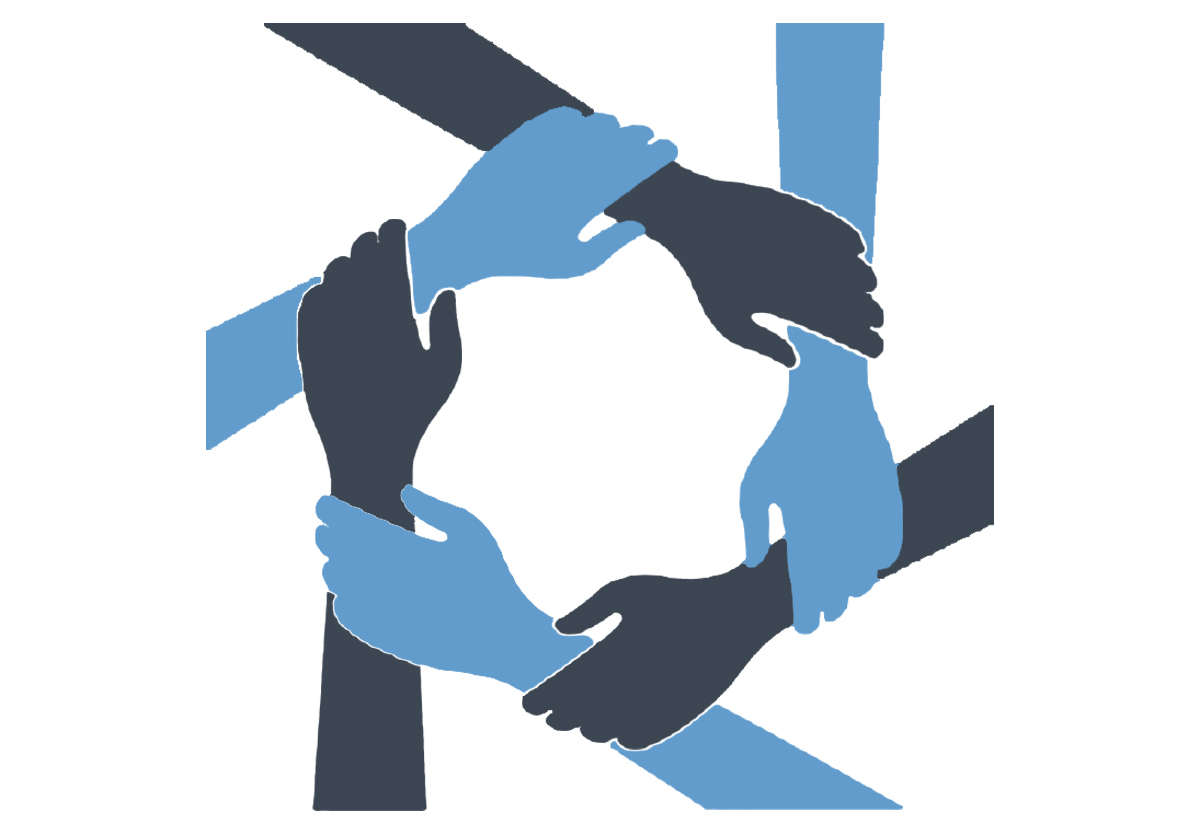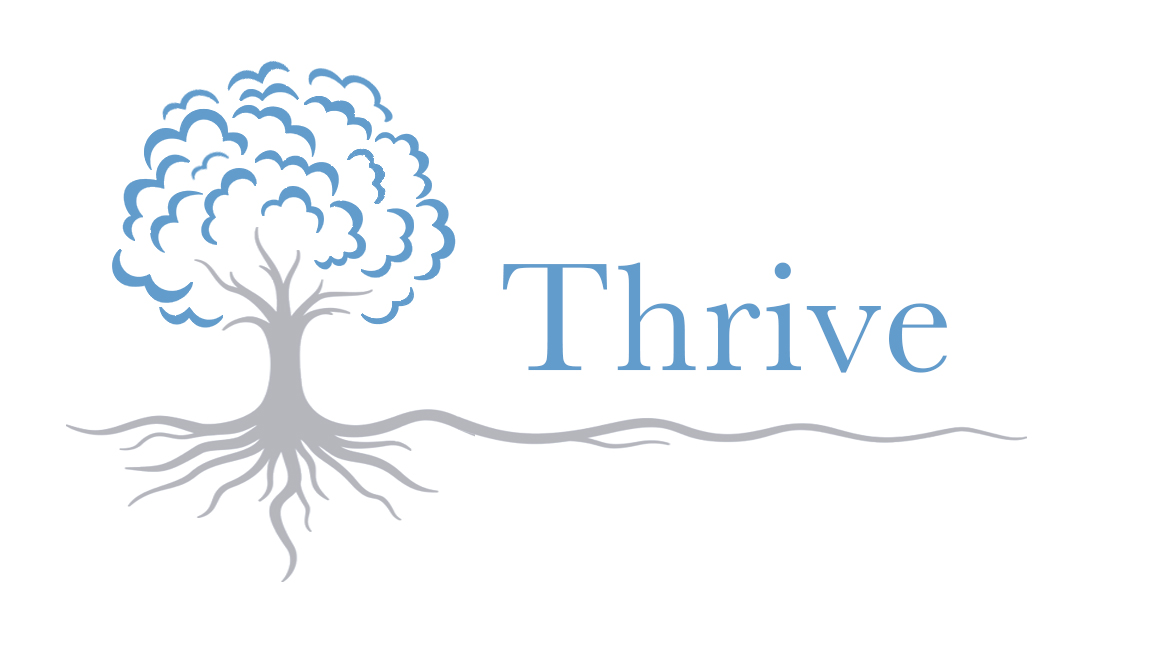Program Objectives
The above THRIVE program components were designed to deliver on the following three program objectives:

INCREASE AWARENESS of the neurobiological and psychological impact of ACEs, the associated increased risk for long-term health implications, and strategies to manage that risk
Providing this background for program participants is critical as ACE survivors commonly are not aware of the long-term impact of their childhood experiences and/or don’t address their childhood trauma and associated vulnerabilities for many years or even decades—and when they do, it is often when they can no longer cope[1,2]. Increasing awareness of the psychological vulnerabilities associated with childhood maltreatment before a life stressor or crisis occurs will allow survivors to better manage their risk of mental health issues.

Help survivors STRENGTHEN THEIR SENSE OF AGENCY over their emotions, thoughts, and overall psychological well-being
While there is a lack of research on this subject among ACE survivors, research involving other interpersonal trauma and childhood sexual abuse survivors shows not only that a sense of personal agency is a key element to addressing childhood trauma but also that relevant resources and support can prompt this sense of agency[3,4].

Establish a PEER SUPPORT NETWORK among program participants
Research shows that low or the lack of social support is a significant risk factor for psychopathology following ACEs[5] and that positive social support—especially from other empathetic survivors—is an important protective factor and coping mechanism throughout life[6,7,8]. Given these insights and the fact that social support has been found to be lower among some ACE survivors[9], the THRIVE program aims to foster long-term social support among program participants.
…
